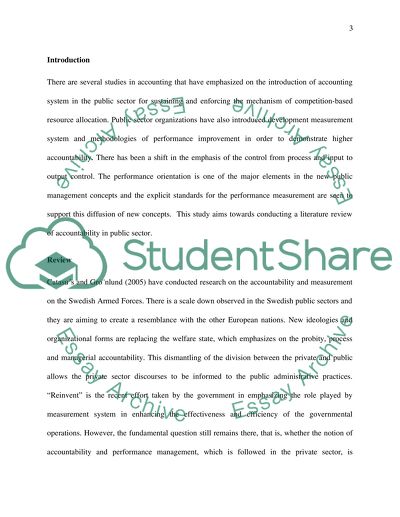Cite this document
(“Accounting and the Public Sector - Who Measures What and Why Literature review”, n.d.)
Retrieved from https://studentshare.org/finance-accounting/1487097-accounting-and-the-public-sector-who-measures-what
Retrieved from https://studentshare.org/finance-accounting/1487097-accounting-and-the-public-sector-who-measures-what
(Accounting and the Public Sector - Who Measures What and Why Literature Review)
https://studentshare.org/finance-accounting/1487097-accounting-and-the-public-sector-who-measures-what.
https://studentshare.org/finance-accounting/1487097-accounting-and-the-public-sector-who-measures-what.
“Accounting and the Public Sector - Who Measures What and Why Literature Review”, n.d. https://studentshare.org/finance-accounting/1487097-accounting-and-the-public-sector-who-measures-what.


